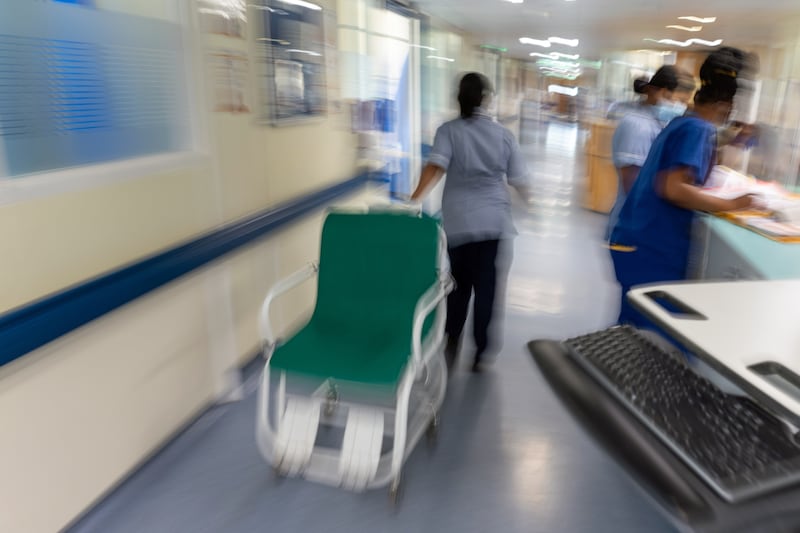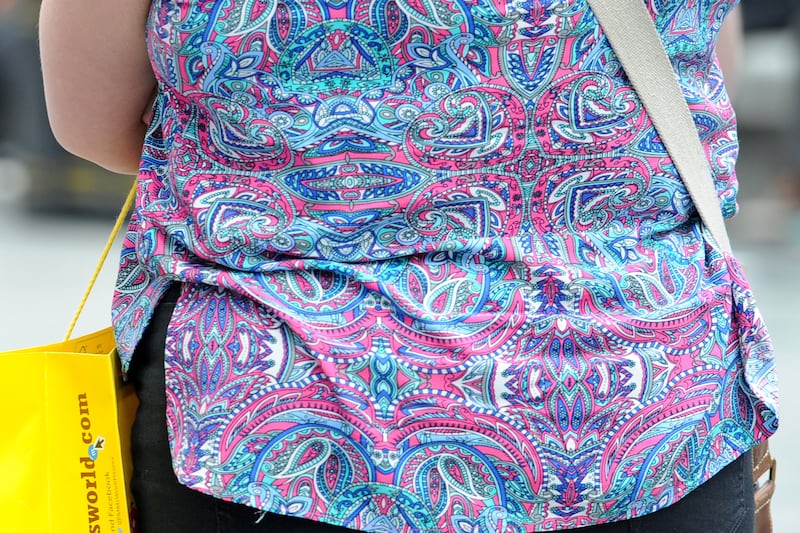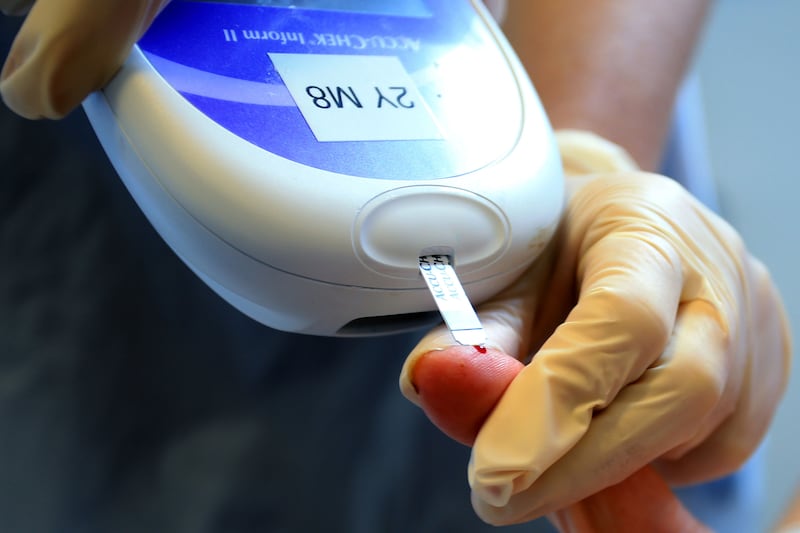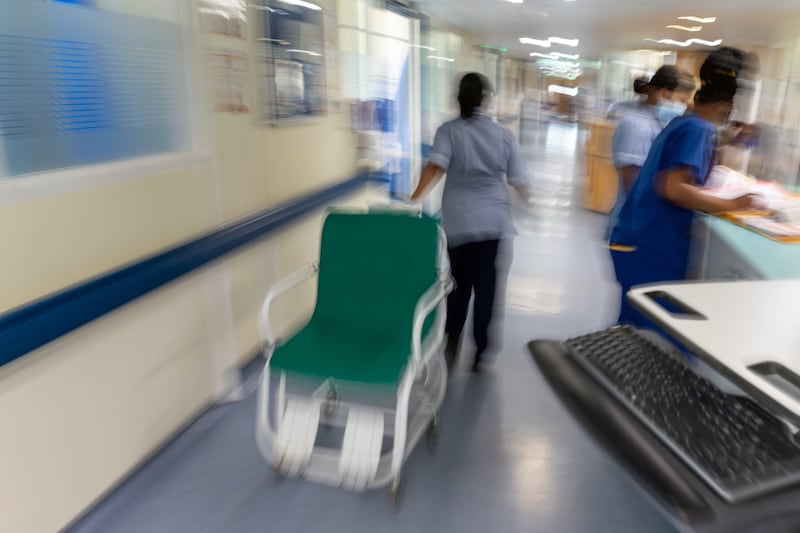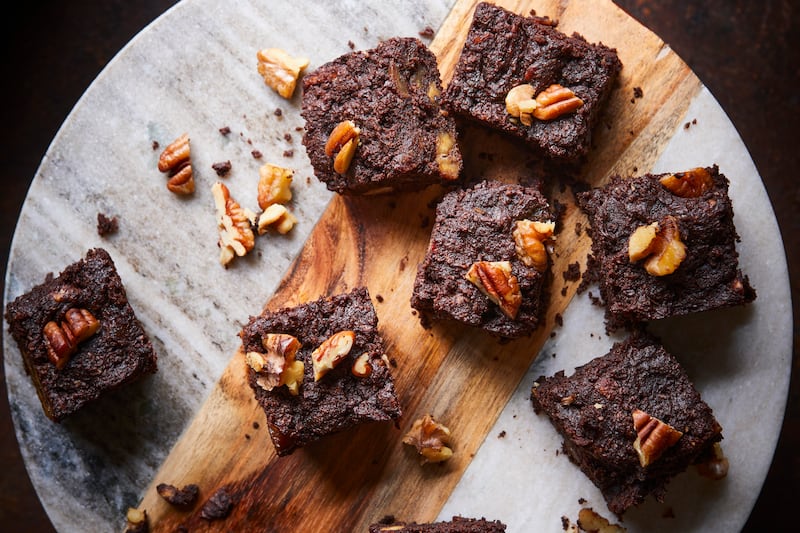NEW NHS research has revealed that people with diabetes face a significantly higher risk of dying with Covid-19. Published in respected medical journal The Lancet last week, the research shows that those with type one diabetes are at three-and-a-half times the risk of dying in hospital with the virus, while those with type two were at double the risk.
While age is by far the strongest risk factor for dying from Covid-19 – the threat for under-40s with type one or type two diabetes is low – such statistics are still anxiety-inducing and have prompted a leading diabetes charity to call on the government to urgently review the data about the risks to people with the condition, to inform its policies to ensure those with diabetes are protected as lock-down measures are eased.
There are currently 100,000 people living with diabetes in the north. Bridget Turner, director of policy at Diabetes UK, which has a local branch in Lisburn, said it was imperative that people with diabetes should not be put in a situation that puts them at risk at work and that they must be able to access support to manage their condition and keep themselves safe.
"Employers must put measures in place to keep people with diabetes safe, either by supporting people to work at home or, where this is not possible, by putting people with diabetes on furlough or by putting measures in place to allow stringent social distancing for those key workers who absolutely must be at work," says Bridget.
"The government must ensure this guidance for employers is clear, consistent and enforced so it is focused on the safety of their employees above all else. We need to make sure that the new government workplace guidelines work for people with diabetes.
"Having access to healthy food is important to people with diabetes and this has not always been easy when there has been such pressure on delivery slots. It's also important that people with diabetes have access to other forms of support, for example help with collecting medication from pharmacies where needed and for transport to urgent hospital appointments, which can't be conducted remotely.
"Health and social care services are dealing with a challenging situation and must be supported to ensure people with diabetes can continue to access the services, information and care they need during this difficult time, including emotional and psychological support."
Ben Johnston (27) from south Belfast was already in confinement following a freak accident at his home when lockdown restrictions were imposed in March. The accountant with PwC was diagnosed with type one diabetes last autumn and was just getting his head around his diagnosis when he took a tumble and shattered two bones in his foot as well as tearing a ligament. With his injured foot in a cast and having to take strong painkillers, he moved back in with his parents to recuperate.
The outbreak of Covid-19 and the subsequent lockdown has meant that Ben has been cocooning since mid-February. He admits it has been tough.
"Having type one diabetes, I have to be careful," he says.
"When I read the report about the high number of people with diabetes who had died from the virus, I was slightly worried, although I am young, fit and healthy. I've been cocooning pretty much for three months now and am only starting to go out for walks or going for drives, now that I've got the cast off.
"I've been able to work from home, but I do miss working in the office. It's weird waking up in the same room that I work in. And I miss my girlfriend Louisa, who I haven't seen for months. But we're planning to meet up for a socially distanced walk, now that we can meet someone from another household outside.
"The whole experience has been quite dystopian and unnerving. I get so frustrated when I see other people flouting the rules and not being considerate of others. I can't help but think about the people who've laid loved ones to rest without being able to say goodbye to them, so I consider myself fortunate."
Ben said his diagnosis last year, after a week of feeling drained and ill, came as a complete shock. His blood sugar level was so high he was at risk of diabetic ketoacidosis, a serious complication of diabetes, and he ended up in hospital, where he remained for a week.
"It's a balancing act around food and meals, checking my blood sugar before eating and taking insulin," he says.
"It took me a while to adapt to this new way of life and I was just getting used to it when I had the fall at home. I was a bit confused when the lists came out about who all was a risk and needed to cocoon. I presumed that people with diabetes would be included, but we weren't.
"I've been looking after myself, watching my blood sugar levels and practising social distancing the few times I've ventured out. It's been a challenging few months but I'm dealing with it in the same way I dealt with the diagnosis, by adapting to the changes and just getting on with it."
For the first two weeks of lockdown, Banbridge student Beth McDaniel really struggled with isolation and fears about her health. The 20-year-old was diagnosed with type one diabetes last September, just days after her younger sister Grace received the same diagnosis.
Coincidentally, her best friend Ellen Watson is also diabetic: together, the close pals have become stars of the social media platform TikTok with their inspirational videos about living with diabetes.
"I live with Ellen in Belfast but I moved back home to Banbridge to be with my family in lockdown," says Beth.
"I work part-time in retail and, at the very start, I was so scared of going to work. I know I'm high risk and I was washing my hands every few minutes, worried that I might catch coronavirus.
"I kept freaking out, worrying that I had it and that the symptoms just weren't showing yet. For four weeks, I wouldn't leave the house. I got quite down and felt so lonely. It helped that I had Grace to talk to as well as Ellen, but I still felt afraid.
"My mum's a nurse working in the community. I was worried about that too. But she has the full PPE. She said to me that I wasn't 'stuck' in the house, I was 'safe' in the house, and that helped me to change my mindset. I've been taking daily walks and now accompany mum to the shops. I'm not completely cut off from everyone."
While it has been a worrying time for the family with two young diabetics in the house, Beth says lockdown has also given her time to practise weighing out her carbohydrates before meals and adjusting her insulin dose accordingly.
"I lead such a busy life and lockdown has given me time to reflect on the last eight months and to slow the pace right down," she explains.
"I'm not as stressed out as I was at the start of lockdown and being able to see Ellen in the garden for a social distanced cup of tea has really helped me mentally."
Bridget Turner of Diabetes UK concludes: "We know people with diabetes will want to know what they can do to keep themselves safe. The most important thing anyone with diabetes can do is try their best to manage their condition carefully, keeping their blood sugar in range as much as possible.
"All people with diabetes should also follow stringent social distancing measures to reduce their chances of catching coronavirus."
:: Visit Diabetes.org.uk for more information.



